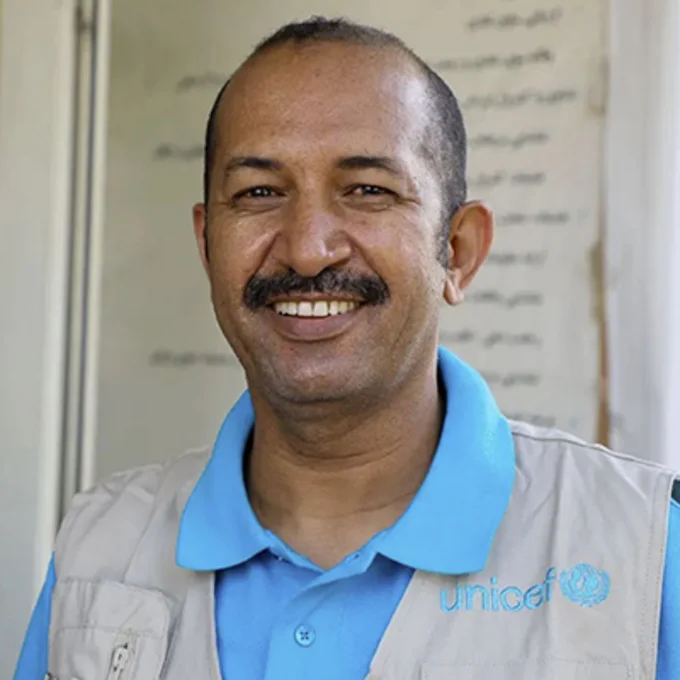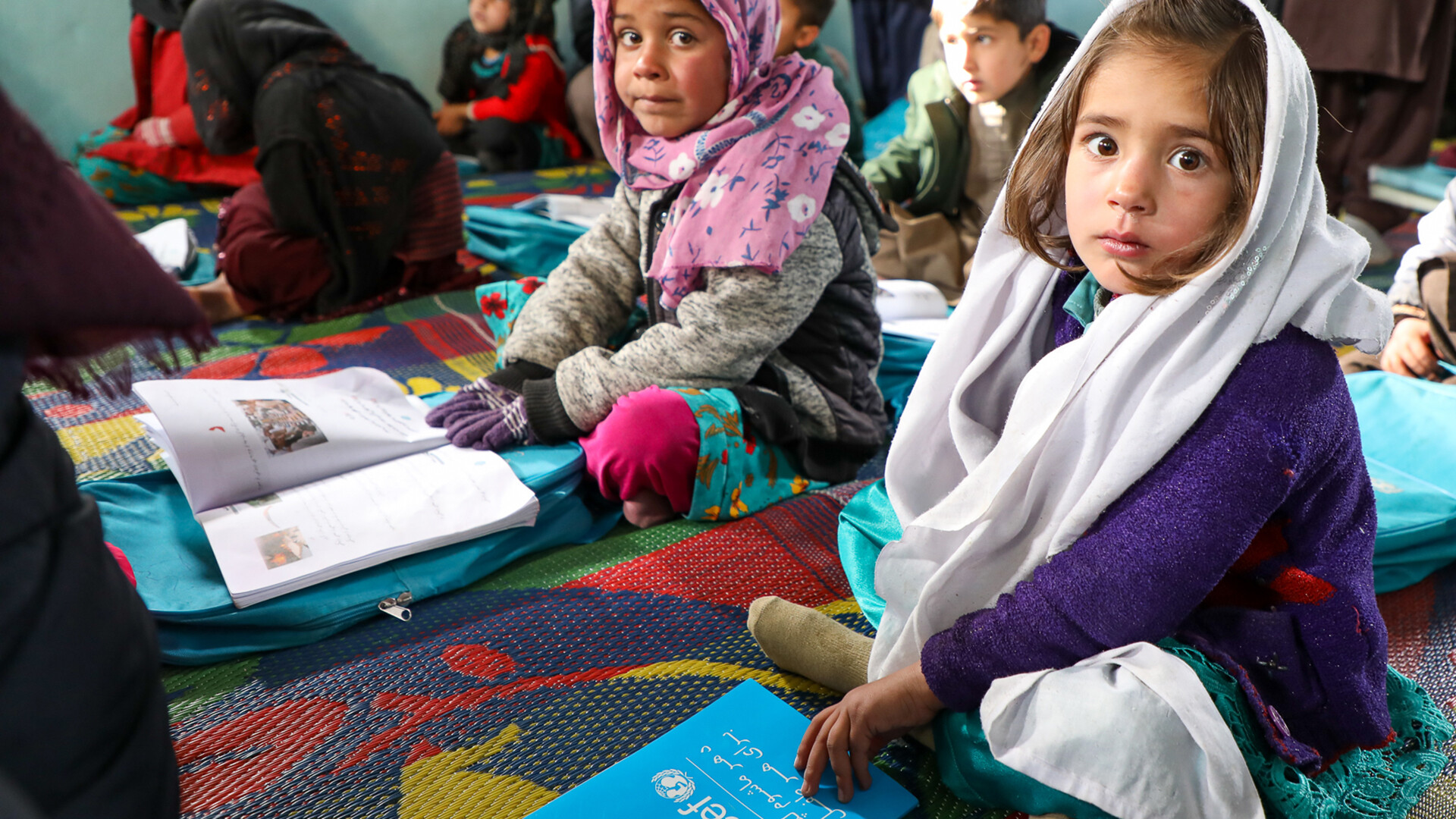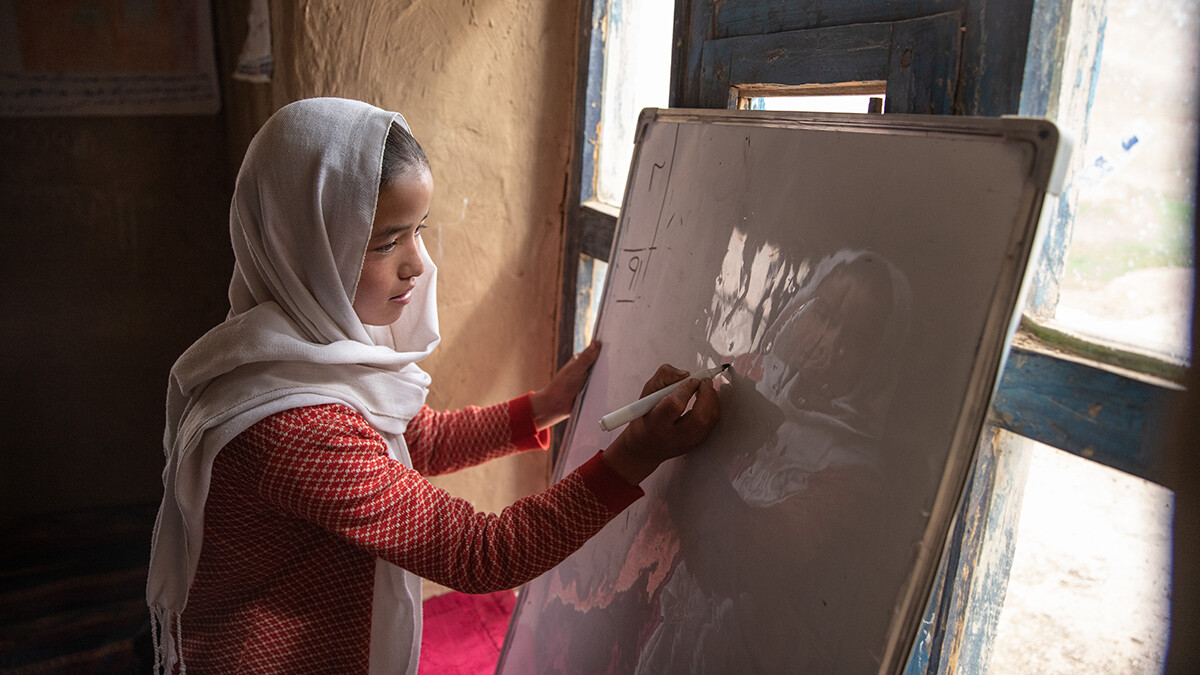Children in Switzerland and Liechtenstein are heading back to school after the summer break. But with children of preschool and secondary school age worldwide, one in five still has no access to education.
In 2022, 244 million children aged 6 to 18 could not go to school. The reasons are myriad, but the main driver of this lack of educational opportunity is poverty. 23 percent of the world’s poorest children cannot even attend elementary school. Girls and children with disabilities are especially disadvantaged when it comes to education.
And attending class does not guarantee learning. Many schoolchildren have insufficiently trained teachers, inadequate materials and makeshift, overcrowded classrooms that make learning nearly impossible.
Help us in giving the most disadvantaged children support in this global crisis.
The global education crisis exemplified by Afghanistan
The situation in Afghanistan is especially precarious. Even before the takeover by the Taliban, years of crisis in the country had resulted in over 4.2 million children – 60 percent of them girls – having no access to school. The situation only got worse in 2022, when the Taliban decreed that girls could no longer attend school beyond the sixth grade. An estimated 215,000 girls who reached the sixth grade last year are now prohibited from getting an education.

“The decision from March 23rd to prohibit girls from attending secondary school not only violates their basic right to an education, but also exposes them to heightened fear and puts them at greater risk of exploitation and abuse.”
UNICEF has had a presence in Afghanistan for over 70 years without interruption, and advocates for all girls and women there on the ground. From January to June 2023, UNICEF was able to assist 633,000 children with access to learning despite the difficult political situation. UNICEF has distributed educational and learning materials to 3.8 million children across the entire country.
One of these children is twelve-year-old Nasrin. She’s in 6th grade at one of the community-based schools supported by UNICEF in Bamyan Province. “My favorite subject is mathematics,” she says. “I like going to school.” The nearest public school is more than two hours away on foot. For many of these children, UNICEF-supported classes are the only way for them to get an education.
How your donation helps
Access to education must be ensured for all children – in Afghanistan and worldwide. UNICEF is working so that no child is excluded from the educational system because of gender, disability, poverty or ethnic background. UNICEF trains teachers and provides schoolchildren worldwide with learning materials, bringing education within reach for children in remote regions. In conflict regions or after natural disasters, temporary learning spaces are set up to allow children to attend school even in emergency situations. UNICEF is one of the largest providers of educational assistance for children and young people during humanitarian emergencies.
We must not allow the aid measures and progress made over the past decades to be reversed. Because schools are more than just places of learning. In these difficult times, they are a safe haven for children – a place with clean water and food.

